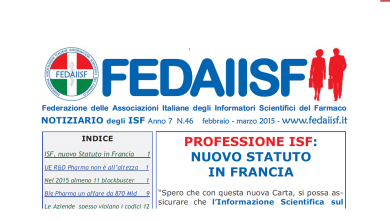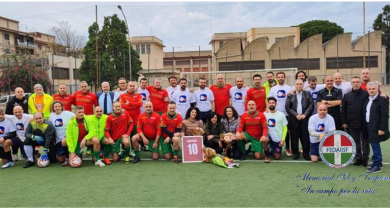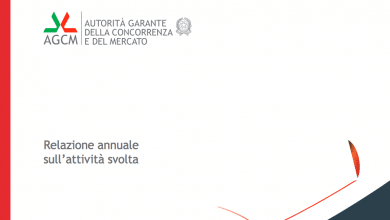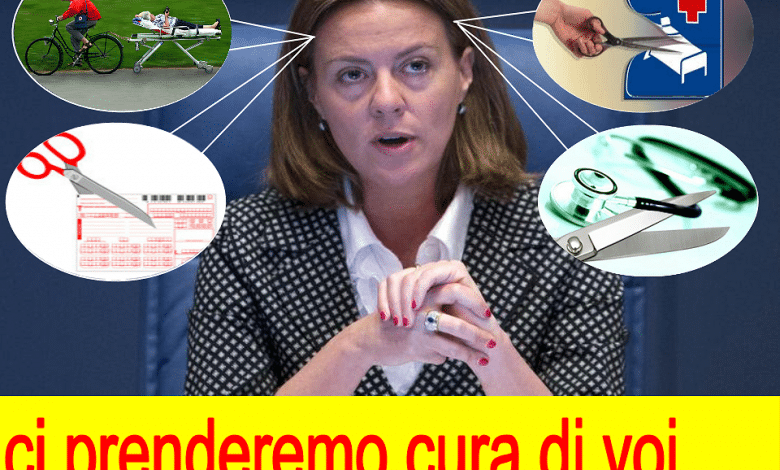
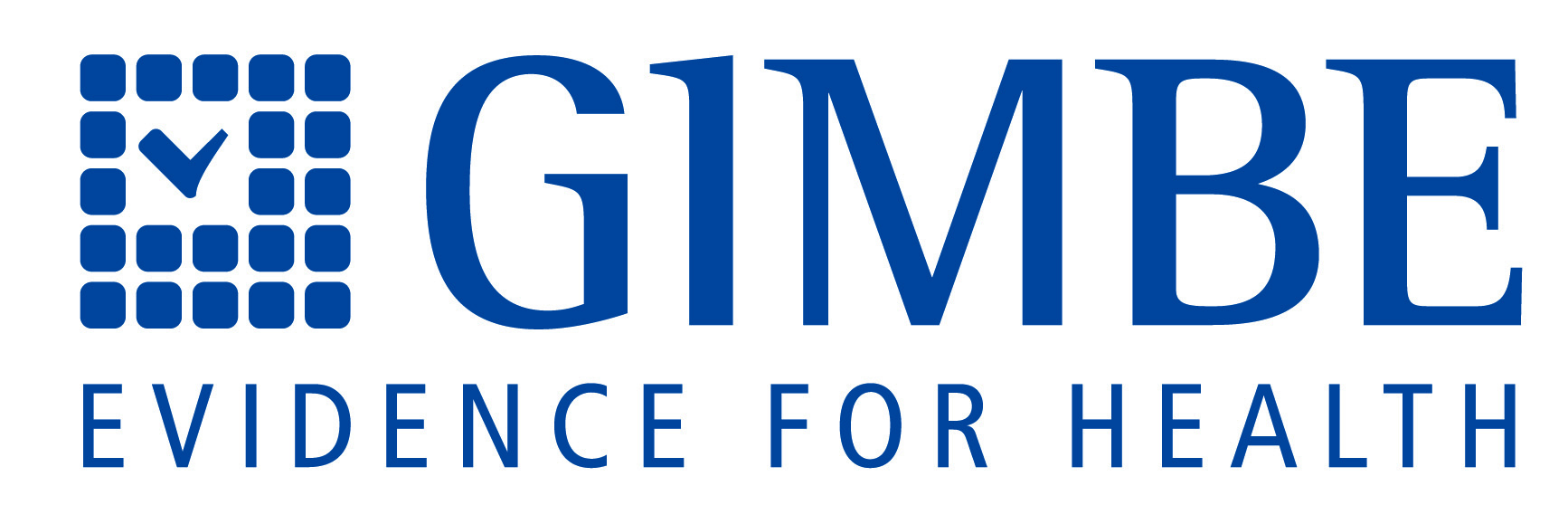 GIMBE report on the sustainability of the NHS 2016-2025
GIMBE report on the sustainability of the NHS 2016-2025
 There are several factors that today undermine the sustainability of all healthcare systems: the progressive aging of populations, the growing cost of innovations, especially pharmacological ones, and the constant increase in the demand for services and benefits from citizens and patients. However, the problem of sustainability is not purely financial in nature, because an increased availability of resources does not in any case allow for the resolution of five widely documented criticalities in industrialized countries: the extreme variability in the use of health services and performances; the adverse effects of over-medicalization; the inequalities resulting from the under-utilization of health care services and benefits from the high value; the inability to implement effective prevention strategies; waste, which lurks at all levels.
There are several factors that today undermine the sustainability of all healthcare systems: the progressive aging of populations, the growing cost of innovations, especially pharmacological ones, and the constant increase in the demand for services and benefits from citizens and patients. However, the problem of sustainability is not purely financial in nature, because an increased availability of resources does not in any case allow for the resolution of five widely documented criticalities in industrialized countries: the extreme variability in the use of health services and performances; the adverse effects of over-medicalization; the inequalities resulting from the under-utilization of health care services and benefits from the high value; the inability to implement effective prevention strategies; waste, which lurks at all levels.
In this sense, the debate on the sustainability of the NHS continues to be tackled in a distorted way by the various categories of stakeholders who, looking at a short-term horizon, remain stranded on how to find the resources to maintain the status quo, moving the discussion away from how to reorganize the health system to ensure its survival.
In March 2013, the GIMBE Foundation launched the "Let's save our NHS" campaign, to spread awareness at all levels that public health is a common good to be protected and a social conquest to be preserved for future generations. This Report was born from the results obtained in three years of studies, consultations and independent analyses, which analyzes the sustainability of the NHS in a ten-year perspective (2016-2025), a period of time sufficient to implement the necessary interventions to deal with the crisis.
During a long period of severe economic crisis, three non-alternative strategies can be put in place to guarantee the sustainability of a national health service: contain public definancing, use other sources of financing (expenditure sharing, IRPEF increase, supplementary healthcare), reduce waste and increase value of assistance. After analyzing the trends in public spending, sharing of costs and the increase in regional IRPEF surtaxes, and examining the current critical issues characterizing supplementary healthcare, the Report defines the taxonomy of waste in healthcare, estimating their impact on public healthcare spending in 2015: €24.73 billion eroded by over-use, fraud and abuse, purchases at excessive costs, under-utilization, administrative complexity, inadequate coordination of assistance.
Considering that a health system must obtain the maximum return in terms of health from the resources invested (value for money), the GIMBE Foundation has developed a system framework to guide the divestment process from waste and inefficiencies related to overuse And underused of health care services and provision and inadequate coordination of care. Strategies to divest from ineffective, inappropriate and bottom-up health care services are described in detail value, and to reallocate recovered resources into effective, appropriate, top-down services and performance value underutilized, often the cause of inequalities. We therefore suggest the and methods for directing an integrated reorganization of hospital and primary care, through a variable articulation of care settings by intensity of care, development of transitional care and advanced methods of social-health integration, inter-company networks, lean management.
and methods for directing an integrated reorganization of hospital and primary care, through a variable articulation of care settings by intensity of care, development of transitional care and advanced methods of social-health integration, inter-company networks, lean management.
The application criticalities of the LEA are analyzed in relation to the political-institutional and organizational structures of the NHS, formulating various suggestions on articulation, definition and updating, monitoring. The analysis clearly shows that today the main criticality of the LEAs is not represented by their updating as such, but by the methods used both to define the list of services to be included/excluded, and to integrate the best evidence in the definition and updating of the LEAs.
Finally, having estimated the needs of the NHS for 2025, the Report, inspired by the "stabilization wedges" method of Pacala and Sokolow, concludes that the sustainability of the NHS in the next decade is linked to the constant contribution of three wedges: increase in the intermediated share of private spending, divestment from waste and recovery of public funding.
Excluding a priori hidden plan for the dismantling and privatization of the NHS, the GIMBE Foundation proposes a "rescue plan" for the NHS which first of all requires the explicit desire to put public health and, more generally, the welfare system at the center of the political agenda, tuning financial and health planning on the priority objective of safeguarding the greatest social achievement of Italian citizens, a fair and universal public health service to be guaranteed to future generations.
In the absence of such a change of course, the foreseeable scenario in the 2016-2025 period is a gradual and inexorable transformation towards a mixed healthcare system, which would definitively consign our much-vaunted welfare system to history. Considering that today the signs of this involution are already evident, the political times to decide the fate of the NHS are now close to expiry.
After years of unequivocal evidence of regional inequalities, poor quality of care and inequalities in access to services, the first effects on mortality are starting to be seen, a figure that should move social awareness and political will without delay.
GIMBE report on the sustainability of the NHS 2016-2025
Related news: From the Economic and Financial Document the coup de grace to public health
AIFA President Melazzini at the Senate hearing on the sustainability of the National Health Service
census. Emergency access to healthcare: a new priority for the government
Health: 11 million Italians without treatment, the demolition of the government is advancing

